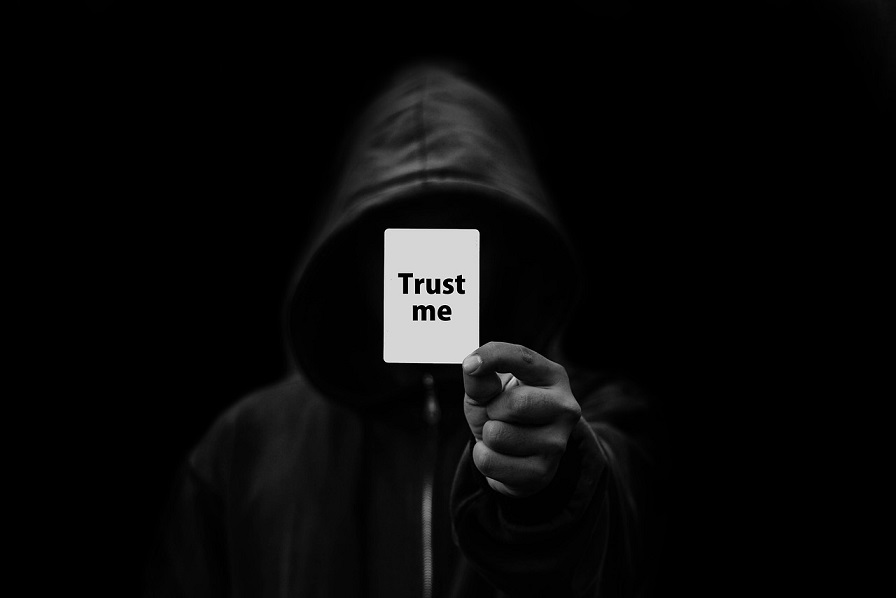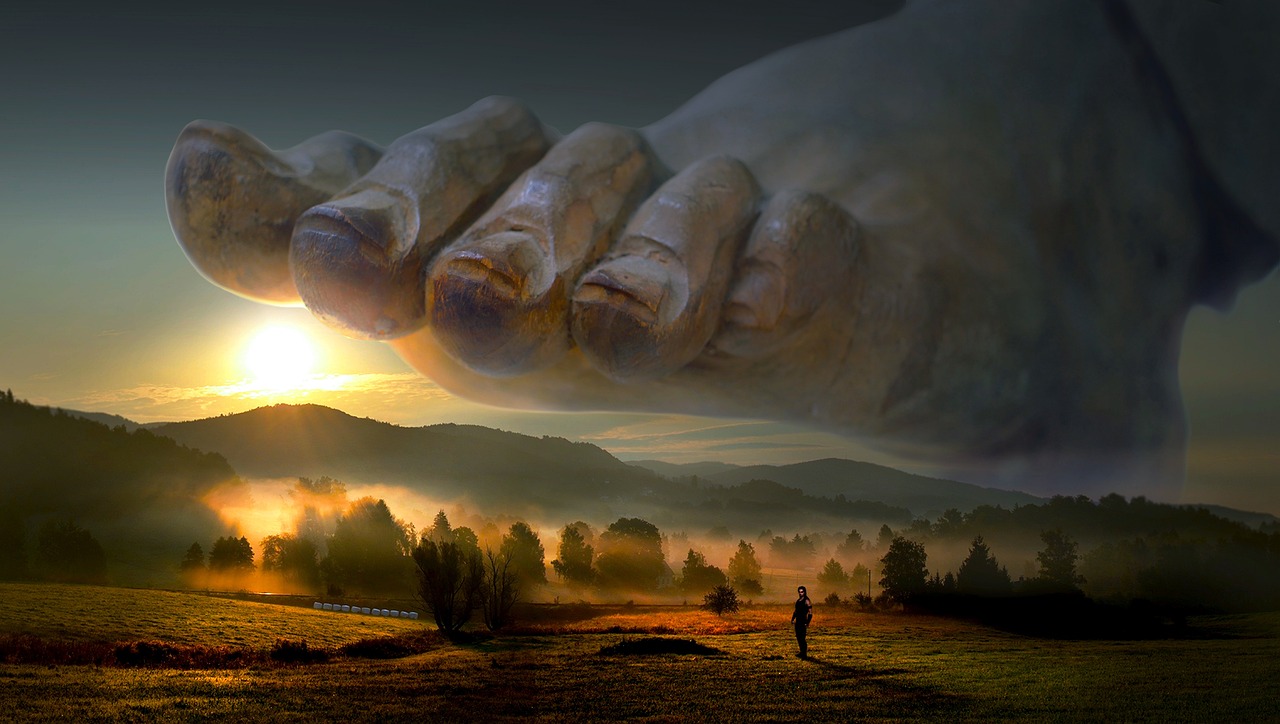Materialism, physicalism, purposeless, as envisaged by Richard Dawkins and Stephen Jay Gould, or Daniel Dennett, need not have the last word. It is not Social Darwinism of the violent superman, but the conscious voluntary taking on of empathy and connection that is crucial.
 Nigel Pocock
Nigel Pocock
There seems to be little doubt that most readers of Steve Taylor’s book would heartily endorse his descriptions of narcissistic, psychotic and Machiavellian personalities, in whatever settings they may be found―mostly in politics and big business, where their potential for causing maximum damage to everyone around them is explicit, except to their self-chosen acolytes. In a recent TV film, Dmitry Muratov notes how Putin’s acolytes did not respond with a single word, as they sat around a huge circular table. Muratov cryptically notes: “[They] feared Putin more than God”.
Much less familiar to most readers (except those who admire the late Scott Peck), is Taylor’s synthesis of psychology and spirituality. This is doubtless the most controversial section of the book, but anyone familiar with rather esoteric and niche interests such as Process philosophy and its more conservative stablemate, Openness Theism, would not be surprised by the issues raised.
While Taylor rejects neo-Darwinism because of its materialism, this may not be a necessary step to take in order to have a world-view which incorporates divine activity, or even room for a soul.
 Evolution can indeed be a creative and purposeful process as John Haught has shown, and the brain can be part of an ‘emergent dualism’ with a ‘force field’ (the mind/soul) as something that is increasingly able to act back on the brain, as the eminent philosopher Willian Hasker has shown.
Evolution can indeed be a creative and purposeful process as John Haught has shown, and the brain can be part of an ‘emergent dualism’ with a ‘force field’ (the mind/soul) as something that is increasingly able to act back on the brain, as the eminent philosopher Willian Hasker has shown.
Evolution is both necessity and chance, and both influence the other, playing a part in novelty, creativity, even beauty and prosocial experience, the form of co-evolution.
Materialism, physicalism, purposeless, as envisaged by Richard Dawkins and Stephen Jay Gould, or Daniel Dennett, need not have the last word. It is not Social Darwinism of the violent superman, but the conscious voluntary taking on of empathy and connection that is crucial.
Finally, While Taylor might be slightly too optimistic about the evolution of a new society through meditation and decentring of the human ego, this does not mean that this effort should not be made. Indeed, it should.
The strategies that he suggests, particularly in flattening hierarchies and increasing equality, are crucial if pathologies are to be minimised (as Richard Wilkinson and Kate Pickett have shown so well in their classic “Spirit level”).
The sharp wedge that Taylor drives between ‘religion’ and ‘spirituality’ likewise seems somewhat artificial.
 It is not that either of these is wrong in itself, but the extent to which they are spiritually mature or immature, as exemplified in the work of e.g., Newton Malony, Bernard Spilka, Paul Pruyser and others, that matters.
It is not that either of these is wrong in itself, but the extent to which they are spiritually mature or immature, as exemplified in the work of e.g., Newton Malony, Bernard Spilka, Paul Pruyser and others, that matters.
Immature faith can possibly be extremely destructive (‘extrinsic’, in Gordon Allport’s words, as a means to an end, such as power-over, not an end in itself, which is intrinsic, for example Jesus’ teaching of love of enemies) as the infantile religious and spiritual practices of narcissists everywhere attest, and Taylor has shown, witness to. Conversely, mature spiritual and religious practice leads to healing and wholeness for society and self. In terms of racial prejudice, Allport and his colleague Michael Ross, showed that the ‘pro-religiously indiscriminate’ were the most prejudiced of all! We will leave it to the reader to provide exemplars of such a ‘fixed mindset’ (so, Carole Dweck)!
The early Quakers practiced ‘theocratic democracy’, and something like this, combining meditation, prayer and discussion, until a consensus is reached, would appear an ideal.
The early Moravian Christians practiced the use of the lot, in order to remove bias from decision-making, and to hear (as they believed) God’s will.
 Sadly both models were not immune to being corrupted (‘weighty brothers’ taking the lead amongst the Quakers or Friends) and the lot being used in a way that favoured biased outcomes amongst the Moravians).
Sadly both models were not immune to being corrupted (‘weighty brothers’ taking the lead amongst the Quakers or Friends) and the lot being used in a way that favoured biased outcomes amongst the Moravians).
For all that, it does not mean that they could again find a place. Some will cry ‘Too idealistic, unreal, won’t work!’, and they may well be proved right. But that is not a reason to change the current modus operandi of western democracies, in order to neutralise the tyrants and narcissists that need to be neutralised. But that is a book in itself.
The reader is challenged to read Taylor’s book, interiorise and discuss the ideas, and to play a part, however small, in prosocial change.
(Photos: Pixabay)












.jpg)












